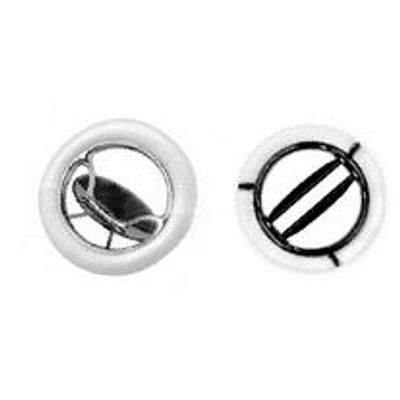

- Home
- Companies
- Novostia SA
- Products
- Novostia - Current Artificial ...

Novostia - Current Artificial Mechanical Heart Valve
Current mechanical valves are made with very strong materials and are designed to last a lifetime. However, they elicit blood coagulation response, which can result in the formation of blood clots that may break free and travel to the brain, heart or lungs, causing complications, including stroke. Due to this inherent risk, patients who receive a traditional mechanical valve must take anticoagulant medication that reduces the risk of blood clots formation, every day for the rest of their lives. Unfortunately, this preventive therapy requires very strict and constraining monitoring and exposes patients to disastrous bleeding accidents.
- Need anticoagulant x
- Lifelong durability
- Noisy x
Patients of less than 65 years and physicians currently have to choose between:
-
Mechanical valves that elicit blood coagulation response and therefore require lifelong anticoagulation therapy associated with fatal bleeding risks
